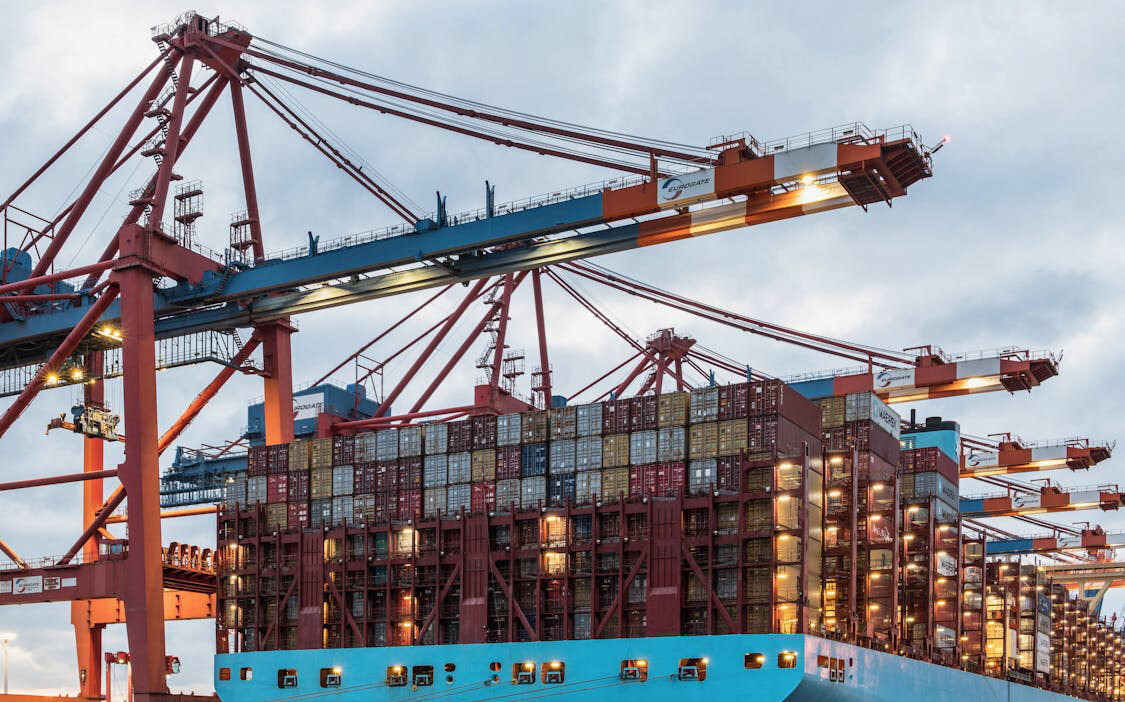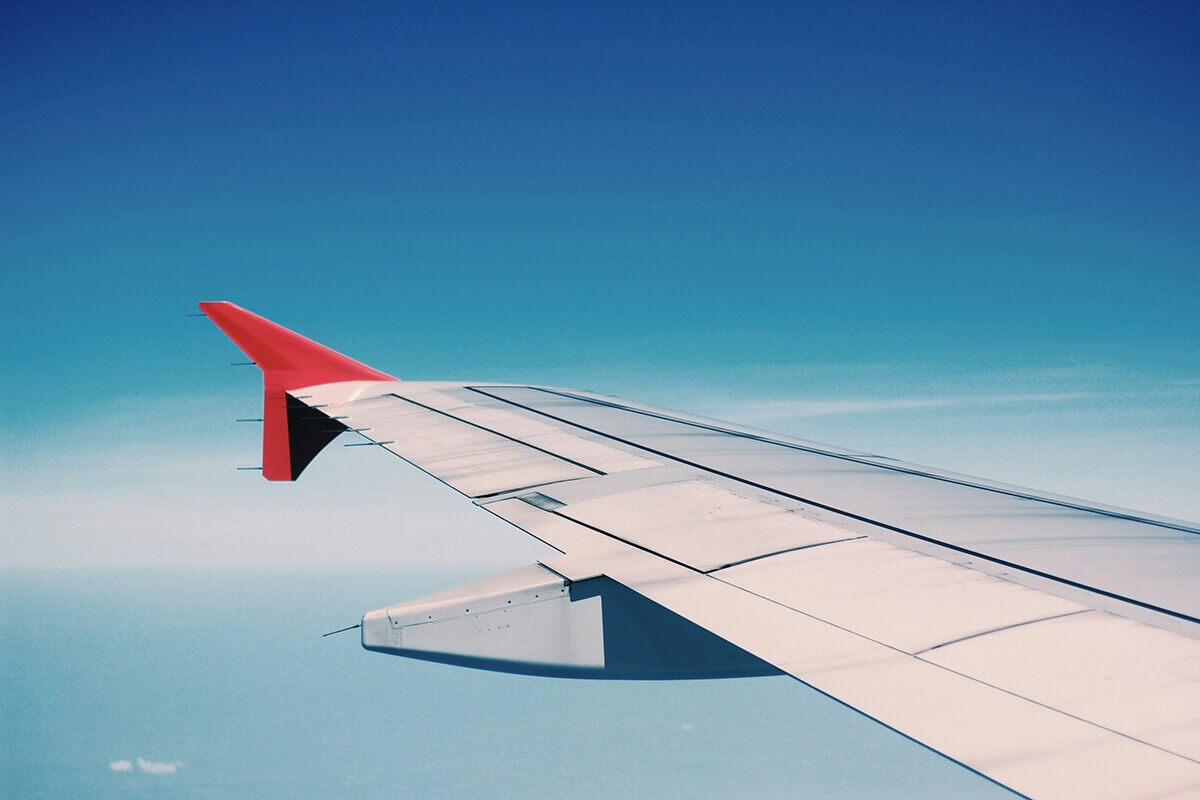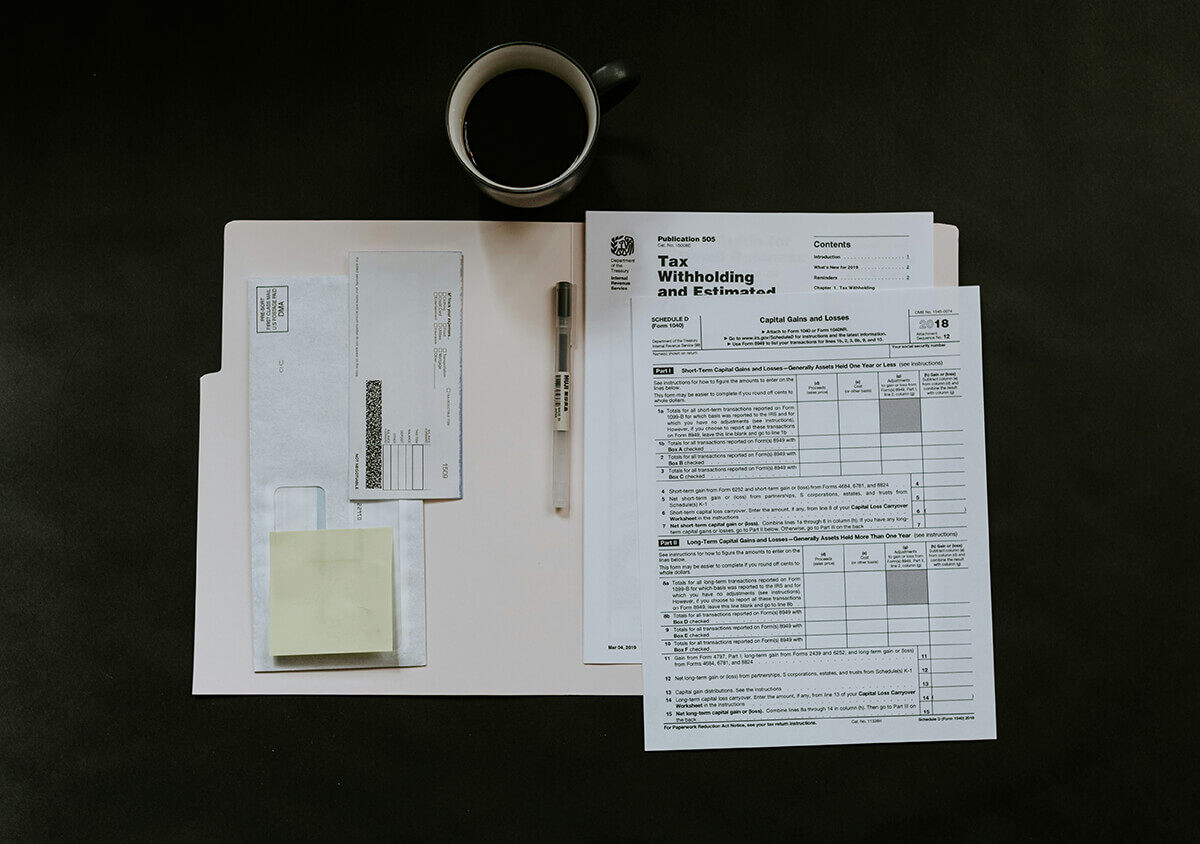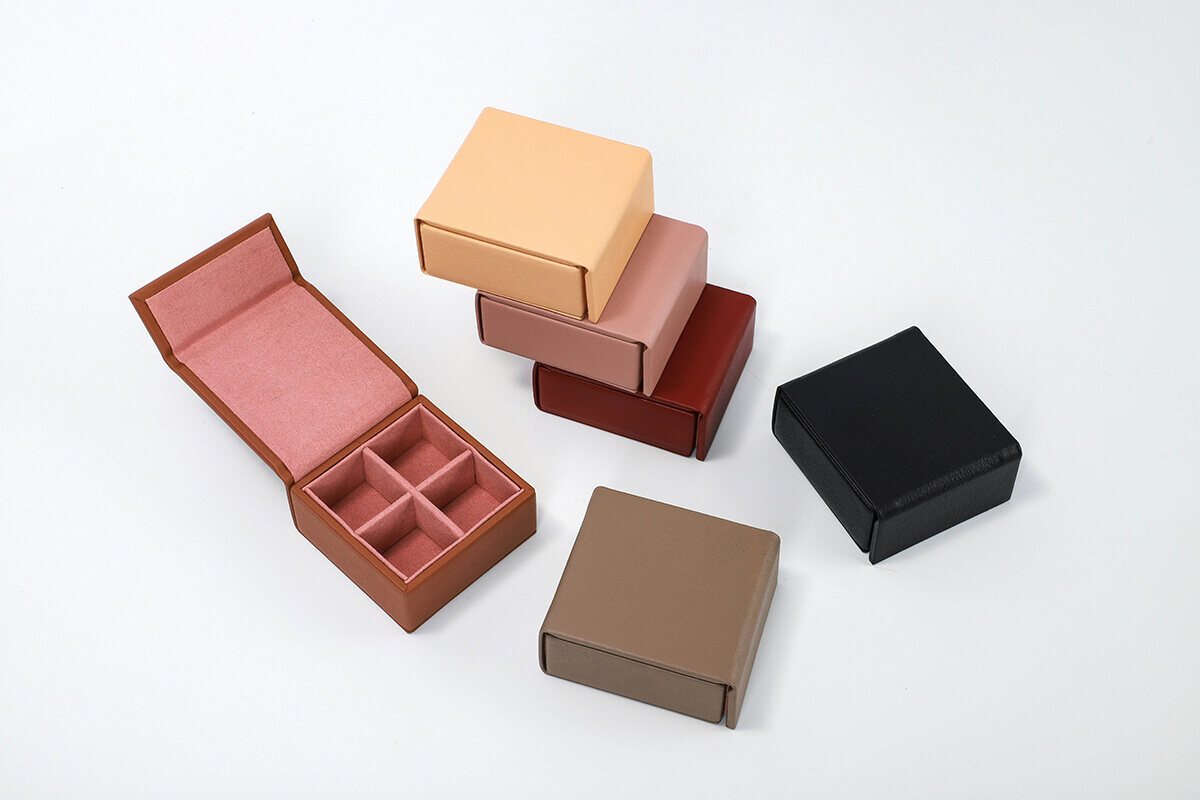Shipping goods from China to Indonesia has become increasingly common due to the strong trade relationship between the two countries. Whether you are a business looking to import products or an individual sending personal items, understanding the shipping process is crucial. This guide will walk you through the key aspects of shipping from China to Indonesia.
Shipping Methods
Sea Freight
Full Container Load (FCL)
This is ideal for large – volume shipments. When you book an FCL, you have the entire container to yourself. Standard container sizes include 20 – foot and 40 – foot containers. For example, if you are shipping furniture or large – scale industrial equipment, an FCL might be the best option. The advantage of FCL is that your goods are less likely to be damaged as there is no mixing with other cargo. Also, it offers more security as the container is sealed at the origin and opened only at the destination.
Less – than – Container Load (LCL)
LCL is suitable for smaller shipments. Multiple shippers’ goods are consolidated into one container. This is cost – effective for those with limited quantities of goods. For instance, if you are a small – scale retailer importing a few boxes of fashion items, LCL can be a great choice. However, since the container is shared, there is a slightly higher risk of damage or loss due to handling by different parties.

Air Freight
Speed and Efficiency
Air freight is the fastest shipping method. It is highly recommended for time – sensitive goods such as perishable items (like fresh fruits or seafood), high – value electronics, or items needed urgently for business operations. For example, if an Indonesian company has an immediate order for the latest smartphones from a Chinese manufacturer, air freight can ensure the goods arrive within a few days. The transit time from major Chinese cities like Shanghai or Shenzhen to Jakarta is usually 1 – 3 days.
Cost Considerations
While air freight is fast, it is also more expensive compared to sea freight. The cost is calculated based on the weight and volume of the goods. Generally, the higher the weight or volume, the more expensive the shipping cost. However, for goods with a high value – to – weight ratio, the cost may be justifiable considering the time saved.

Express Shipping
Popular Express Carriers
Carriers like DHL, FedEx, and UPS offer express shipping services from China to Indonesia. Express shipping is suitable for small parcels or documents. It provides door – to – door service, which is very convenient. For example, if you are sending samples of your products to an Indonesian client or important business documents, express shipping can ensure quick delivery.
Delivery Times
Delivery times for express shipping are typically 2 – 5 days, depending on the service level you choose. These carriers also offer tracking services, allowing you to monitor the progress of your shipment in real – time.
![]()
Documentation
Commercial Invoice
A commercial invoice is a crucial document. It details the description of the goods, quantity, value, and terms of sale. For example, if you are shipping 100 pieces of clothing, the commercial invoice should clearly state the type of clothing (e.g., T – shirts, dresses), the unit price, and the total value. The Indonesian customs authorities use this document to assess the value of the goods for customs duties.
Bill of Lading (for Sea Freight) / Air Waybill (for Air Freight)
The bill of lading in sea freight serves as a receipt for the goods shipped and a contract of carriage between the shipper and the carrier. It contains details such as the shipper’s and consignee’s information, the port of loading and discharge, and a description of the goods. In air freight, the air waybill performs a similar function. It is important to ensure that all the information on these documents is accurate to avoid delays in customs clearance.
Packing List
The packing list provides a detailed inventory of the items in each package. It includes information like the number of boxes, the contents of each box, and the weight and dimensions of each package. This helps the carrier and customs authorities to handle and inspect the goods properly.
Customs Clearance
Customs Duties and Taxes
Indonesia has a complex system of customs duties and taxes. The duty rate depends on the type of goods being imported. For example, luxury goods may have a higher duty rate compared to basic consumer goods. The customs value of the goods, which is usually determined by the commercial invoice value, is used to calculate the duties. In addition to duties, there may also be value – added tax (VAT) and other local taxes.
Customs Regulations and Restrictions
Certain goods are restricted or prohibited in Indonesia. Prohibited items include drugs, weapons, and counterfeit products. Restricted items may require special permits or licenses for import. For example, importing certain types of food products may require compliance with health and safety regulations and may need pre – approval from the relevant Indonesian authorities.
Customs Brokers
Using a customs broker can simplify the customs clearance process. Customs brokers are experts in Indonesian customs regulations and can handle all the paperwork and interactions with the customs authorities on your behalf. They can help ensure that your goods clear customs smoothly and avoid any unnecessary delays or penalties.

Packaging and Labeling
Proper Packaging
Goods should be packaged securely to prevent damage during transit. For fragile items, such as glassware or electronics, appropriate cushioning materials like bubble wrap and foam should be used. Heavy items should be placed in sturdy boxes with reinforced corners. For example, if you are shipping porcelain items, double – boxing them with plenty of cushioning in between can reduce the risk of breakage.
Labeling Requirements
Labels should clearly display the shipper’s and consignee’s information, including names, addresses, and contact numbers. Additionally, the nature of the goods should be indicated on the label. For example, if the package contains hazardous materials, specific warning labels must be affixed in accordance with international shipping regulations.

Choosing a Shipping Provider
Reputation and Experience
Look for shipping providers with a good reputation in the industry. Check online reviews and testimonials from other shippers. An experienced provider will be more familiar with the shipping routes from China to Indonesia and will be better able to handle any potential issues that may arise during the shipping process.
Service Offerings
Consider the range of services offered by the shipping provider. Some providers may offer additional services such as warehousing in China, cargo insurance, and assistance with customs clearance. For example, if you need to store your goods in China for a short period before shipping, choosing a provider that offers warehousing services can be convenient.
Cost – Effectiveness
While cost is an important factor, it should not be the only consideration. Compare the prices of different shipping providers, but also take into account the quality of service. A slightly higher – priced provider may offer better reliability and faster transit times, which could be more beneficial in the long run.
Shipping from China to Indonesia involves several important steps, from choosing the right shipping method to ensuring proper documentation and customs clearance. By understanding these aspects and making informed decisions, you can ensure that your goods are shipped smoothly and efficiently, whether for business or personal purposes.